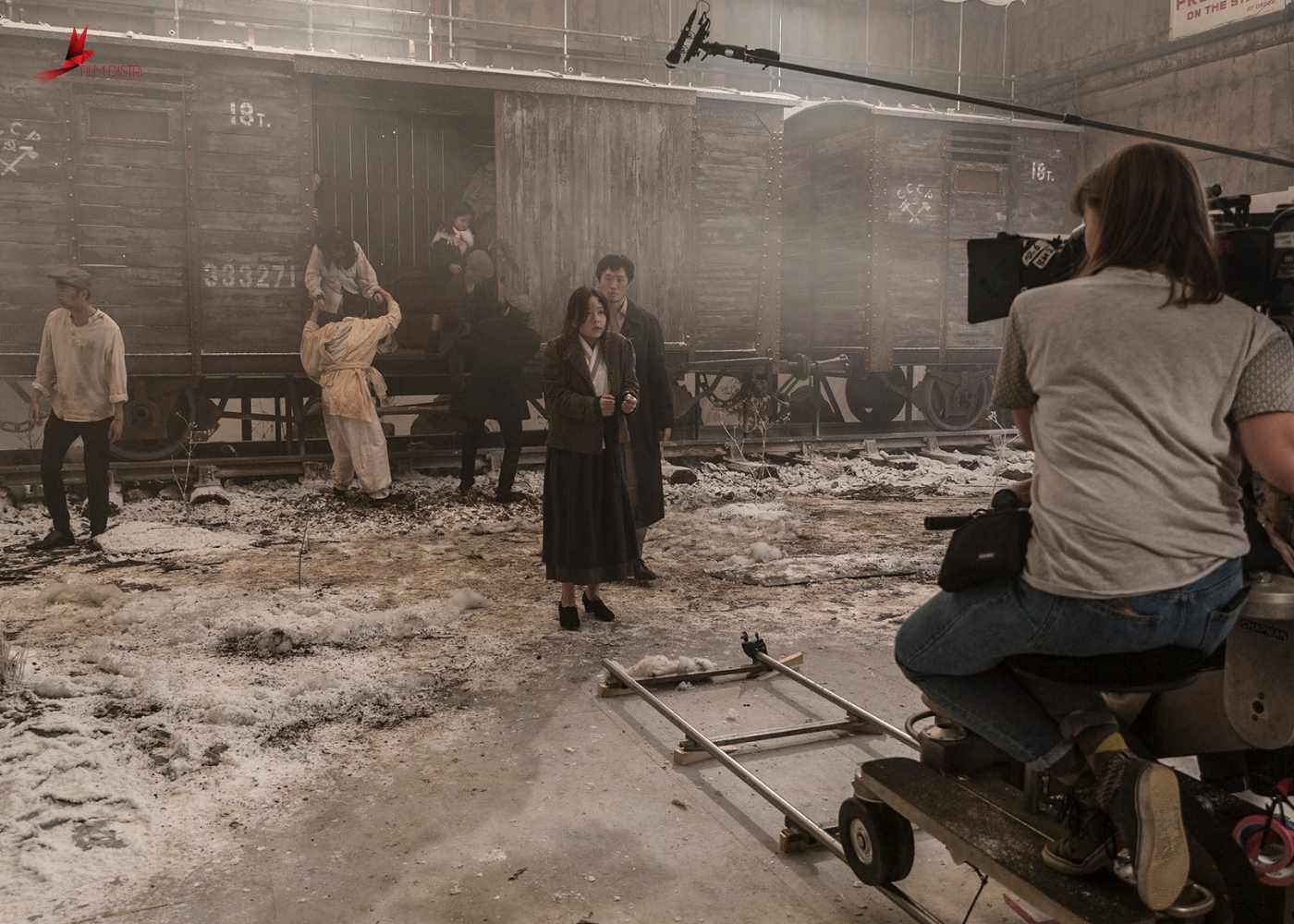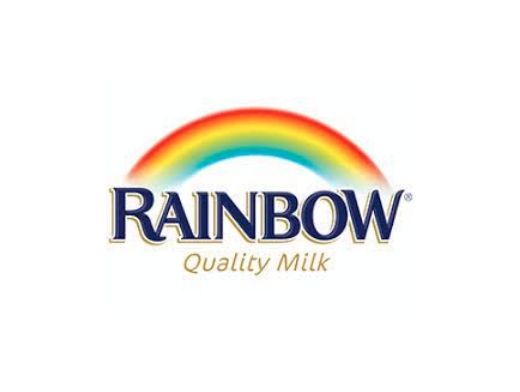The third-largest film production hub in the world is in London.
The gross revenue from the filmed entertainment industry in the UK fell from 3.46 million pounds in 2019 to roughly 2.64 billion pounds in 2020, representing a nearly 24% annual decline. Another source predicted that between 2020 and 2025, the UK's filmed entertainment revenue would climb by nearly 90%.
The UK film industry is greater than ever thanks to recent billions of euros invested in its creation.
A total of 27.8 million moviegoers visited theatres in the first three months of 2022, according to the British Film Institute (BFI).
There is much to look forward to in 2022, even though we have not yet reached the pre-pandemic highs.

Back to Business As Usual:
The UK film and television business has displayed incredible tenacity by recovering from the pandemic's terrible effects.
A better year in 2022 is already in the works thanks to a record-breaking £5.6 billion spent on blockbusters like Mission: Impossible 7 and dramas like Bridgerton in 2021.
With about £2 billion invested in the first three months alone, the industry has increased its investment levels.
However, it is abundantly clear that all hands must be on deck despite the apparent rise in the UK film business in 2022.
The UK's film studio anticipates the addition of 20 additional locations and an increase in area to 6.8 million square feet.
But by 2025, 40,000 employment openings must be filled.
As a result, the sector is now looking to former service members, accountants, aviation professionals, and pretty much anyone who can fill the gap.
The King's Speech producer Ellis-Unwin spearheaded a Pinewood programme to retrain 1,000 aviation professionals for on-screen roles.
The pandemic caused these employees to lose their employment.
All worries about a potential implosion in the near future would have been mostly allayed after the demand for skilled, elite, and trainable workforce has been satisfied.
Ben Roberts, the chief executive of BFI, reportedly stated to National News that "the groundwork for further growth is underway with an expansion of studio spaces and production hot spots across our nations and regions, and working with industry to build up the skilled workforce that we need to meet demand and remain at the top of our game."

International Relations and Development
The industry has had to work twice as hard at building partnerships internationally since the UK left the European Union.
The sector has a long history of collaboration with many European commissions, including those in the Republic of Ireland, Spain, Italy, France, and Hungary.
The British film industry requires assistance with production, much like any other industry.
The efforts of Chancellor George Osborne are not forgotten.
He made a brilliant choice approximately ten years ago to institute tax advantages so that the sector could attract more work from American studios.
The current boom in the sector can in part be attributed to this forward-thinking decision.
It is plausible to assume that the tax incentives have raised the competitiveness of the British film industry over time.
The impact of tech companies and streaming behemoths on the UK film industry cannot go unmentioned.
With 222 million users, Netflix announced in January that it has changed its name to Netflix globally.
To accommodate subscriber expectations, the website spends around £12.5 billion a year on new programmes.

The UK Film Industry Job Demands:
Although the UK film business is flourishing, crew members are in short supply.
The UK's film studio area will increase to 6.8 million square feet thanks to 20 additional sites that are in the works. But the expanding business is turning to former service members and aviation personnel to fill vacancies as there will be 40,000 jobs open by 2025.
Can you read a spreadsheet, guide performers from a trailer to a set, or sew costumes? Then you are required by the British film industry. The UK is enjoying a £6 billion boom in film and television production as celebrities assemble for tomorrow night's lavish Bafta Awards.
As Hollywood competes with streaming goliaths for the infrastructure they require for brand-new blockbuster content, enormous sums are being spent on upgrading old studios, with large new complexes planned. Behind the scenes, though, a crisis is approaching. Schedules for filming are being impacted by a serious skills shortage, which ranges from set designers and bookkeepers to grips, assistant directors, and specialists in special effects.
Ex-military people and aviation workers who lost their jobs due to the epidemic are being retrained and recruited to fill gaps on film sets. As budgets balloon to accommodate rising salary expectations, qualified accountants are especially hard to come by.
An unintended result of the development of the industry is the shortage of skilled film makers. Previously a cottage industry, we are today competitive with manufacturing. Ben Roberts, CEO of the British Film Institute, claims that we now have more studio space than Hollywood (BFI).
According to study property firm Lambert Smith Hampton, the UK's studio capacity could double to 6.8 million sq ft with facilities in Liverpool and Birmingham among the 20 new locations planned nationwide, including a significant expansion at the iconic Pinewood. Los Angeles only has 5.3 million square feet of studio space, in contrast.
In contrast to 1979, when Shepperton Studios in Surrey had just two films in production, the phone at this location is now constantly ringing with new booking queries. The Pinewood-owned Shepperton will remain busy for the foreseeable future thanks to a new multimillion-pound agreement with Amazon's Prime Video, which guarantees Jeff Bezos first use of about 450,000 square feet of space.
Netflix is expanding its Shepperton location, where it has produced movies like Enola Holmes, starring Millie Bobby Brown and Henry Cavill from Stranger Things, and The Old Guard, starring A-lister Charlize Theron. Netflix vowed to spend £1 billion on UK productions annually.
Historic locations, like Berkshire's Bray Studios, which housed Hammer horror films in the 1950s and were threatened with demolition during the darkest days of British filmmaking, are now developing ambitious expansion plans after being resurrected by the production boom.
The 183,000 square foot backlot and 54,000 square foot studio in Maidenhead will serve as one of the filming venues for Amazon Studios' £700 million Lord of the Rings-based series. The total amount spent in the UK on high-end cinema and television production in 2021 was £5.64 billion, the greatest amount ever recorded and £1.27 billion more than in the year prior to the epidemic, according to the BFI.
However, the skills gap is now starting to hurt. According to one analysis, the UK industry will be short 40,000 personnel needed to crew productions by 2025. Experienced crew can set their own prices thanks to the exceptional demand for their skills, driving increasing the cost of productions that already have to cover the additional cost of adhering to tight Covid rules.
Last thoughts:
Despite the UK film industry's explosive rise this year, several possible traps should be avoided.
Threats to the expansion of the British film industry include the impending global economic slump, horrific international events like wars, and pandemic-related health conditions.
To satisfy the challenges posed by its growth and navigate any future crises, the UK industry would require cooperation with other film industries, increased international relations, technological advancement, governmental assistance, infrastructure, and private finance.
The success of the UK film industry's long-term viability strategies would be a wonderful sight.











































